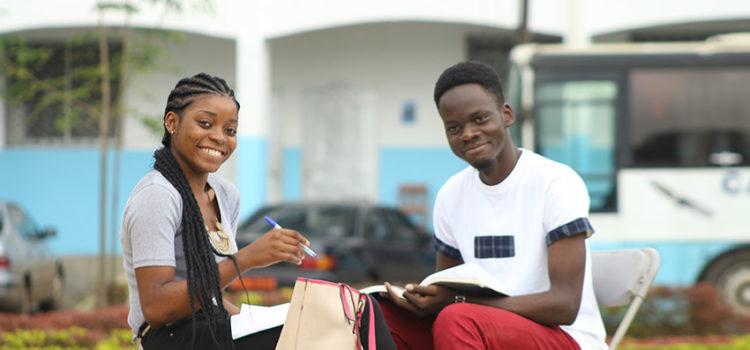GOOD NEWS: CUIB Upgrades Its HND Curriculum
While addressing the entire CUIB community during his “End of the Academic Year State of the University address”, the President and Pro-Chancellor of CUIB, Rev Fr George Nkeze Jingwa disclosed that CUIB has upgraded its HND curriculum to facilitate student mobility in terms of Credit transfer system based on the Bologna BMD (for Bachelors, Masters and Doctorate) agreement beginning from the 2017/2018 Academic Year. This news was received with great joy by the entire CUIB family especially students currently enrolled in the HND Programme. This is a bold step taken by the management of the University to provide the best for its students.
The University has now synchronized and upgraded the HND programme to be similar to an Associate Degree Program (2 years) as found in US Community Colleges and Universities. In this light, students who finish the 2 year HND programme in CUIB and wish to do their BSC degree will transition to the Junior year directly which is Level 3 and not Level 2(Sophomore Year) as previously was the case. In addition, those who write and do not pass the HND examination can continue to pursue their BMD studies in CUIB by transitioning to Level 3 (Junior Year) as the curriculum has been designed in such a way that it is not dependent on the student passing the HND examination.
It should be noted that this unique curriculum and innovation is meant only for students who do the 2 Year HND programme in CUIB. Students from other institutions who pass the HND and wish to continue with their BSC in CUIB will only be admitted into Level 2, that is, Sophomore Year. These measures have been taken by the management of CUIB, as President Nkeze explained in order to enable CUIB remain true to its mission to train Job creators versus Job seekers who can compete with their peers globally. The President also announced a special scholarship programme for economically challenged students who wish to transition from the HND Programme to the BSC programme. It is CUIB’s desire to see that all its students have equal opportunities in the global economy and do not feel disadvantaged for one reason or the other. (Read more)

